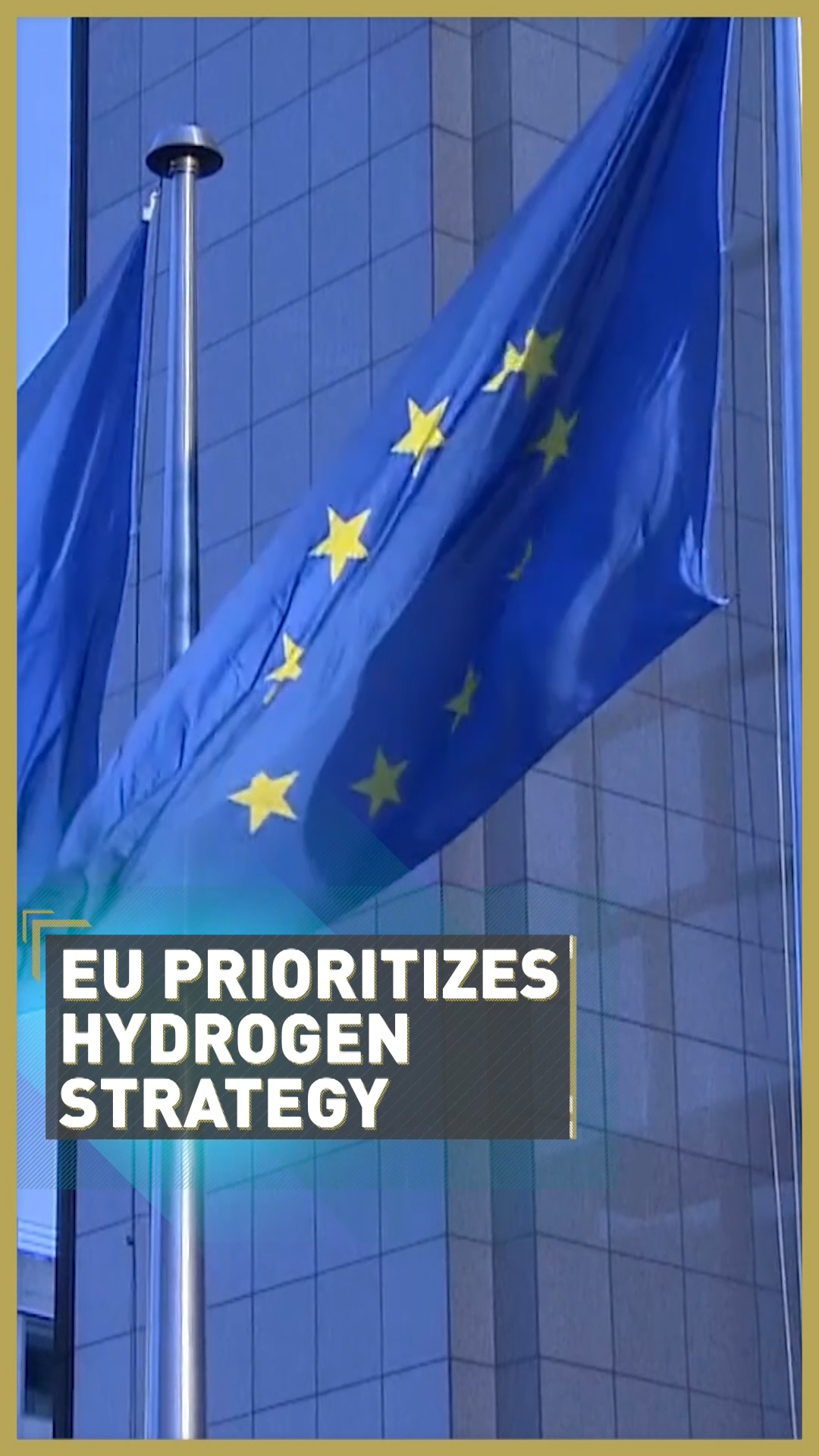02:29

The EU has announced new plans to combine energy system integration with hydrogen deployment in an effort to move away from fossil fuels and to meet its energy and climate objectives.
The EU must meet its goal of carbon neutrality by 2050. Therefore, it needs to decarbonize its energy sector, which is responsible for 75 percent of greenhouse gas emissions.
Hydrogen currently accounts for less than one percent of the EU's energy consumption but this looks set to rise as the bloc has recently committed to a new energy system model in order to meet its climate goals.
The European Clean Hydrogen Alliance has been formed to help the EU become carbon neutral by 2050. The aim is to finance the production of renewable hydrogen, using wind and solar energy.
In the EU Hydrogen strategy, it states: "The priority for the EU is to develop renewable hydrogen, produced using mainly wind and solar energy.
"On the way to 2050, renewable hydrogen should progressively be deployed at large scale alongside the roll-out of new renewable power generation, as technology matures and the costs of its production technologies decrease. This process must be initiated now."
CGTN Europe spoke to Jonathan Marshall, head of analysis at the Energy and Climate Intelligence Unit, to find out why hydrogen is so essential for reducing carbon emissions, why the EU's new strategy is so important and why it could be so effective in fighting climate change.
Check out our new six-part podcast series Notes on a Pandemic as CGTN Europe finds out how business, science and people have risen to the challenge of COVID-19.
Video editing: Natalia Luz